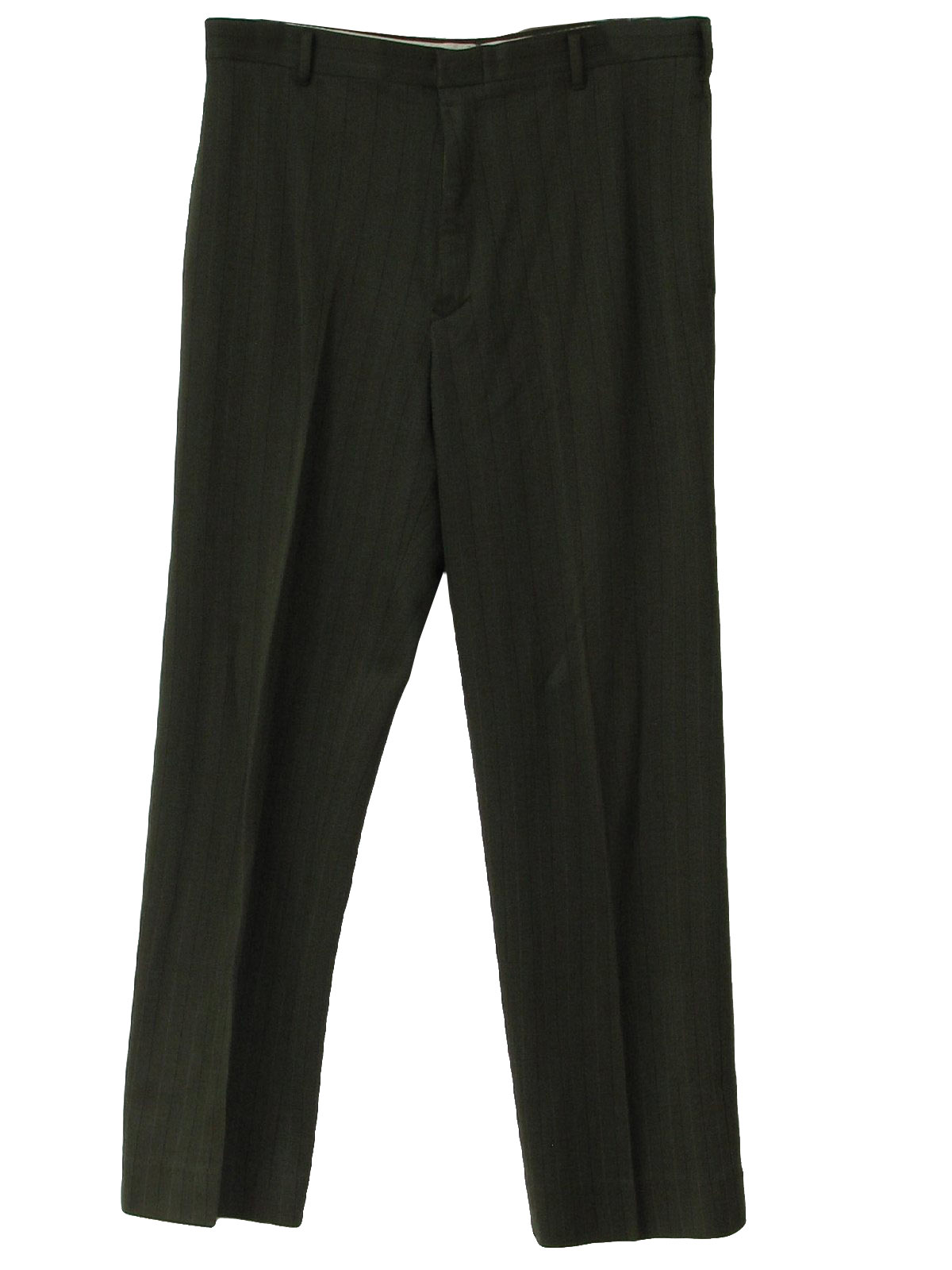There is really one way to avoid annoying pop up ads online.
Download an ad blocker extension or use a separate browser like “Brave”. The advantages
of a blocker are pretty obvious. The ads disappear and browsing becomes a much
easier experience. On the downside they seem a little slower to me. Restricting
the web page from bringing up ads causes a slower loading time. For most people
this is still not bad considering pages that have ads don’t load until the ads
are present anyway. I tried using one for a while but quickly discovered I
couldn’t add clip images to my blog the way I could with Chrome. Also, it didn’t
save my work website passwords for easy access. I am sure with a little
tinkering I could have fixed that problem as well, but I don’t like tinkering.
I want as simple an experience as possible and things that don’t work right the
first time are useless to me. “Patience and diligence” what’s that?
So I went back to
Chrome.
I was pretty pumped when I read that Google was updating its
Chrome browser with an “ad filtering” feature. This is big news for a couple of
reasons. First, Google relies heavily on money from advertisers for a big chunk
of their revenue. Without looking I’d say most of it. Telling advertisers what
they can and can’t use on their platform seems like cutting off the tree limb your
sitting on. But it isn’t. Chrome has something like 60% of the traffic (of the
entire web) using their platform. That makes it a big player and one that can
set effective parameters for advertisers.
Walmart tried something like this over a decade ago. They
set requirements to vendors who hoped to put product on their shelves by
dictating terms. Before that vendors had exclusive rights to decided details
like packaging, price and quality. Afterwards, sellers lined up to adjust
product offerings for a chance at selling to the largest market share in the
country. Only a large player like Walmart could have pulled that off. Market
share is everything.
Tech blogs are not impressed with Google however. Mostly their criticism revolves around privacy concerns of regular users and not Google’s
war on annoying pop ups. Most of the ones I scanned don’t think it will make a
difference to the overall experience of users. I disagree. By establishing
guidelines, Google forces advertisers to eliminate the most egregious ads, the
ones that drive people to use blockers in the first place. I can’t speak for
all PC users but that was my situation. The types of ads on the chopping block
are the ones with video and sound, the full screen ones where you can’t find
the exit button and those grating countdown timers that explode out of nowhere.
It’s a simple request but one that should stem the tide, for a while, on consumers
ditching traditional browsers for blockers.
Why now? In other words why didn’t they do this years ago
when the internet was crawling with adware like lice on a dead sparrow? Ad
blockers were not very good and the sheer number of users who had them wouldn’t
fill out a subreddit thread. They weren’t a threat to any of the major browsers.
But now they are. A whopping 26% of users employ an ad blocker on their
desktops and 15% do it on their phone. My concern though is with desktop software
since I use an Iphone and don’t have issues on the mobile side. Also I do all
my work on my laptop and until I can afford a Mac (Safari), I’ll stick with
Chrome. Google is losing ad money to consumers who have checked out, tired of
the onslaught of flashing, obnoxious advertising.
There is another problem for desktop PC users who don’t
utilize a blocker, more page interference than ever before. When your boat
capsizes everyone is exposed to sharks. Those who climb into the life raft
avoid the feeding frenzy. Anyone still in the water when the sharks come by has
to fend off additional attacks. Same situation for those still on traditional
browsers, they catch the ads that were meant to be spread out among a larger
number of viewers. Fewer people mean more ads. It’s a cyclical mess that
promotes leaving Chrome altogether, it seems like Google is finally getting it.
Their model is threatened without seriously reigning in the worst types of pop
ups.
I can deal with some types of internet advertising. I expect
shoe companies to target me when I search for Mizuno or Nike sneakers. The
targeted ads that appear in the margins of your favorite news site are just a
result of recent searches anyway. I’d rather not see it at all but considering
I am browsing for free, the trade-off doesn’t bother me as much as it does some
people. Anyway with more news sites opting for paywalls it doesn’t leave many
quality freebies. It may yet resemble a neighborhood after the good stores
leave and all that’s left is liquor marts and pay day lenders; or more
appropriately Breitbart and Buzzfeed.
In the early days of web surfing (mid 90’s) everything was
free (mostly) but given the limited use advertisers didn’t bother paying for
slots on pages. Some did, but it wasn’t targeted like now. The availability of
tracking data and site click minutiae didn’t exist. The openness and ‘share
anything’ culture created stars and popular bloggers pushing out their own
content. People still get famous for weird, silly, creative and awful behavior but
the sheer amount of devices online now means getting noticed as the next great singer
is tougher, making it sort of like life before the web. Singers, writers,
actors, film makers and artists have to go through the same tiered systems as
always.
Create content and market the content. Hope someone notices the content and pays for
more similar content. This was true before the internet and it’s true now.
This might sound like pinning for the good ol’ free days. I
promise it isn’t. The internet is much more efficient now despite the odd
insurance commercial that plays at full volume. As much
as we all hate it advertising makes a lot of stuff free that we would otherwise
pay for. Nothing is really free after all and consumers ultimately decide how
much is too much with regard to ads. Google’s move in creating a built in ad
filter is just the first step in an effort to keep advertisers in check and
hold on to a dwindling base.
More to come on ad restrictions? I certainly hope so.



